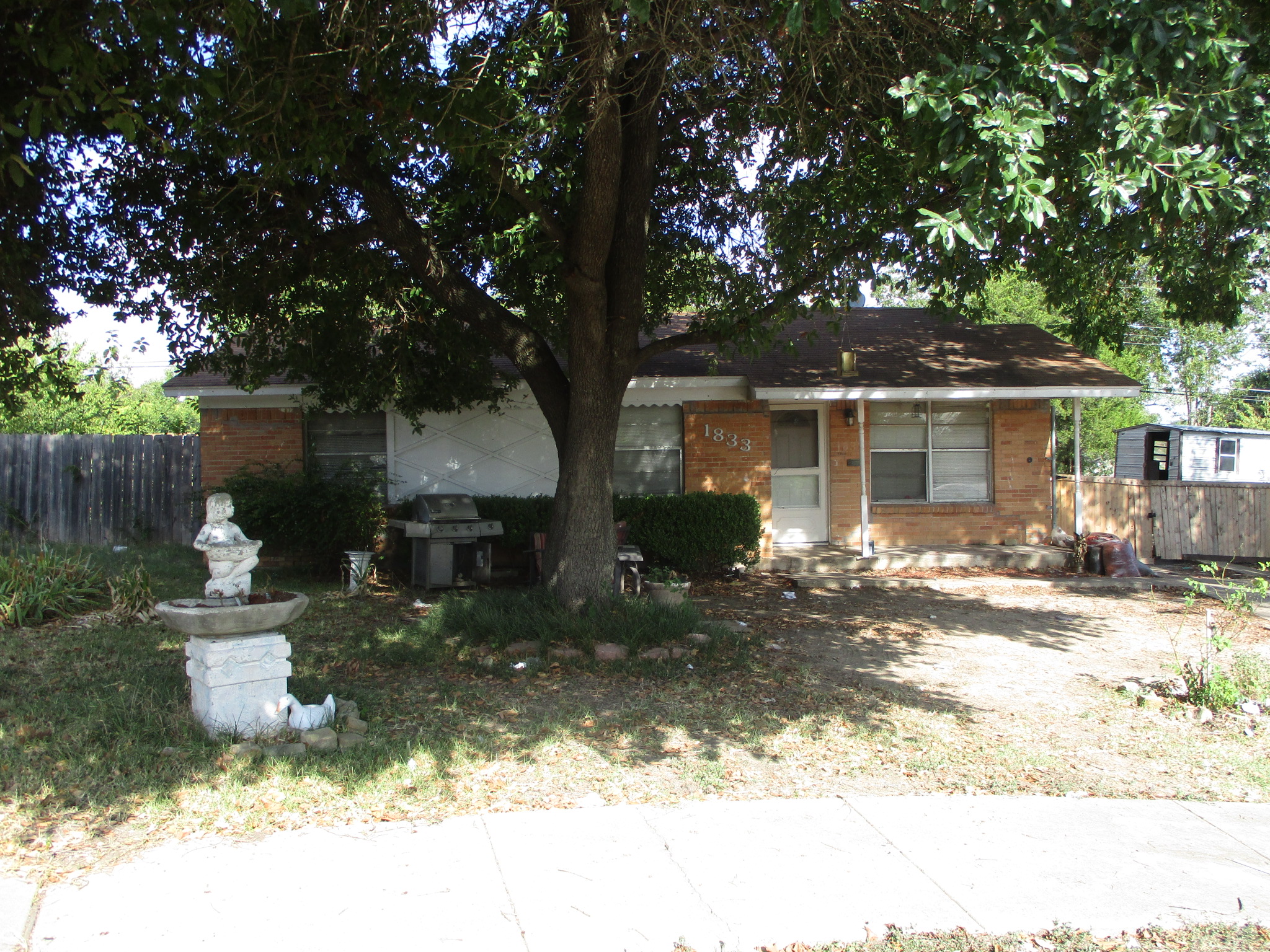 We all have an idea in our minds of what a “dream retirement” looks like. Now more than ever, these dreams seem to be on shaky ground — prompting us to reassess how we’re planning and preparing for the future.
We all have an idea in our minds of what a “dream retirement” looks like. Now more than ever, these dreams seem to be on shaky ground — prompting us to reassess how we’re planning and preparing for the future.
There is no one-size-fits-all approach to retirement planning. All of us have different goals and conceptions of what a dream retirement involves. We each have different capacities for extra work, or a desire to build passive income.
However, time and testimony have proved over and over again that real estate is one of the best investments you can make. In fact, it is still considered the best investment according to millionaires.
Why Real Estate Investment Works for Retirement
As Forbes pointed out in a recent article, real estate builds wealth with more consistency than any other asset. There’s no single factor that makes this the case — rather, multiple beneficial qualities that converge and create an ideal retirement investment.
A Snowball Effect
Nearly every real estate investor must start small. One property, a smaller financial commitment, or investing in the markets that you know. The key to success in real estate investment, however, is portfolio growth. Owning multiple properties not only grows your net worth, but investing in single-family rentals allows you to benefit from cash flow. This cash flow can be reinvested or used to pay down mortgage debt (also increasing net worth), as well as for retirement savings and income.
Be sure to check out: When Does Real Estate Investing Really Work as a Retirement Strategy?
Real estate investing has a snowball effect. No one will get rich off of one property. Successful real estate investing demands long-term investment — not a get-rich-quick mindset. Over time, with patience and diligence, you can grow a portfolio with a real impact.
Cash Flow Meets Appreciation
There is an age-old debate about what you should invest for — cash flow or appreciation. Why not both? If you invest in rental properties, you can take advantage of cash flow and appreciation at the same time. It’s a two-pronged strategy that builds net worth!
For the real estate investor, properties appreciate over time (this has long been the pattern with real estate, even if there are dips along the way). Rental rates will increase with inflation and properties tend to retain their value even in tough economic times. Rents increase and cash flow increases. The mortgage stays the same. The mortgage gets paid off. Cash flow is even more!
It’s the combination of these advantages, not one alone, that makes real estate such an attractive investment.
Growth Through Leverage
What else makes real estate attractive? Leverage. When you invest in rental properties, the income earned from residents effectively pays for your mortgage. You reap the benefits of the bank’s capital, utilizing smaller amounts of your own money, and let the property pay for itself over time.
Not only that but with record-low interest rates, the terms are better than ever!
Leverage allows the investor’s dollar to spread further. Because you don’t have to pay for investments out-of-pocket, in full, you can acquire more properties more quickly than you would by using your own money or paying all-cash.
Forced Equity
Appreciation is not the only way to grow one’s net worth. In real estate, you can actually force equity (force appreciation) through carefully executed renovations. At REI Nation, your properties are rehabbed by the best in-house team you could ask for. This increases the value of your property while your mortgage payments remain fixed.
Of course, many people try to force equity in their own homes. This is a common strategy to increase the selling price. This, however, is not always easy because a personal residence tends to be very “lived in” and does not have the advantage of regular maintenance and repairs. A diligent maintenance team catches problems long before they become costly issues.
Forced equity works best when it comes to rental properties, if only because your maintenance team helps maintain that added value over time.
How Do I Incorporate Real Estate Into my Retirement Portfolio?
There are many different ways to invest in real estate. Of course, we’re primarily concerned with one method that we have seen create wealth first-hand: passive investing in single-family rentals.
If you’re looking to build your retirement, you want a passive strategy. You don’t want to take on a second job or work after retirement, after all! Passive investing allows you to take a more “hands-off” approach. With experts handling the day-to-day details, you can rest in the assurance that everything is running as smoothly as possible.
Quality in passive, turnkey real estate investing is truly at the heart of success. To build a retirement portfolio well, you want to manage risk, streamline the process, and diminish the mental and physical burden.
You can find peace-of-mind in real estate investment with REI Nation — world-class markets, expert management teams, and a personal portfolio advisor just a phone call away.












